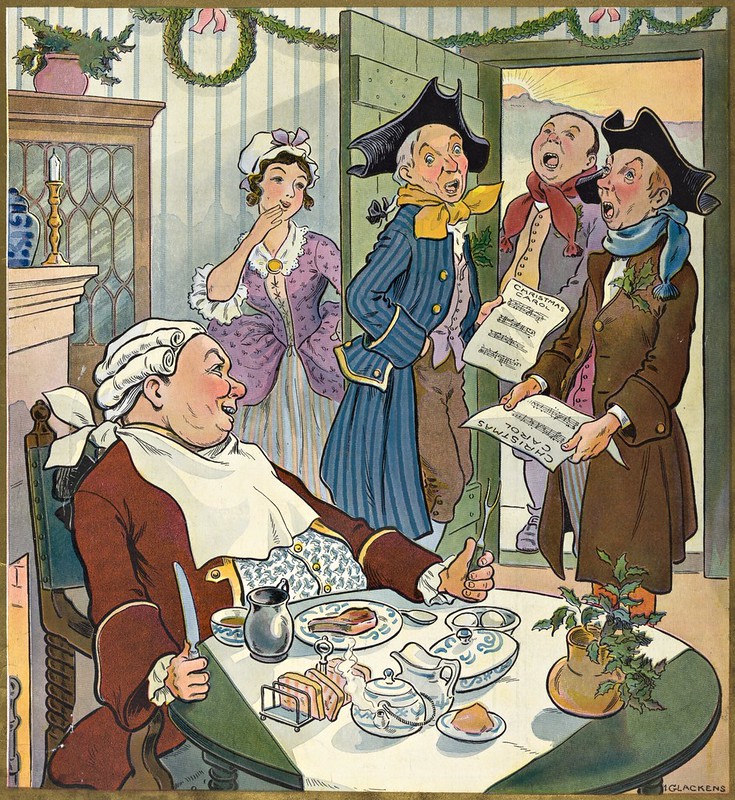Gottfried August Homilius (1714-1785)
- Weihnachtsoratorium (1777)
Performers: Christiane Kohl (sopran); Annette Markert (alto); Marcus
Ullmann (tenor); Tobias Berndt (bass); Sächsisches Vocalensemble;
Virtuosi Saxoniae; Ludwig Güttler (conductor)
Further info: Homilius: Oratorio De Navidad
---
German composer, organist and Kantor. The son of a Lutheran pastor, he
spent his childhood from 1714 in Porschendorf (Pirna district). After
his father’s death in 1722 he attended the Annenschule in Dresden, where
in 1734 he composed his earliest extant work, the cantata 'Gott der
Herr ist Sonn und Schild'. He sometimes stood in for the organist at the
Annenkirche, J.G. Stübner, who was probably his organ teacher. On 14
May 1735 he matriculated at Leipzig University in law; a class report
from the professor A. Kästner (16 September 1741) reads: ‘For three
years the candidatus juris has availed himself of my praelectionum
iudicarum and striven to master the fundamenta iuris. He has, however,
always allowed music to be his main task’. At this time he also took
lessons from Bach in composition and keyboard playing, as mentioned by
J.A. Hiller (Lebensbeschreibungen, 1784) and confirmed by Forkel (Ueber
Johann Sebastian Bachs Leben, Kunst und Kunstwerke, 1802); he was
probably also a pupil of, and assistant to, the organist at the
Nikolaikirche, Johann Schneider. In 1741 Homilius applied unsuccessfully
for the organist’s post of St Petri in Bautzen, submitting five chorale
settings for organ of which two had obbligato parts for horn. His first
post as organist was granted him in May 1742 by Dresden’s Frauenkirche,
which possessed a new Silbermann organ. An application on 5 November
1753 for the post of organist at the Johanniskirche, Zittau, failed. On
10 May 1755, however, he was appointed Kantor at the Kreuzkirche in
Dresden and teacher (Collega V) of the Kreuzschule (‘as he is skilled in
Greek and all else, but is pre-eminent in music’), and at the same time
music director of Dresden’s three principal churches – the Kreuzkirche,
Frauenkirche and Sophienkirche; a month later the appointment was
ratified by the Dresden town council. After the Kreuzkirche was
destroyed in 1760 (during the Seven Years War), Homilius directed his
activity mainly to the Frauenkirche. Tirelessly active until an advanced
age, he composed a full yearly cycle of cantatas in the last years of
his life, and in 1784 dedicated 12 Magnificat settings and a Latin motet
(destroyed in World War II) to the Dresden council. He suffered a
stroke in December of that year, and in the following March was retired.

Cap comentari:
Publica un comentari a l'entrada